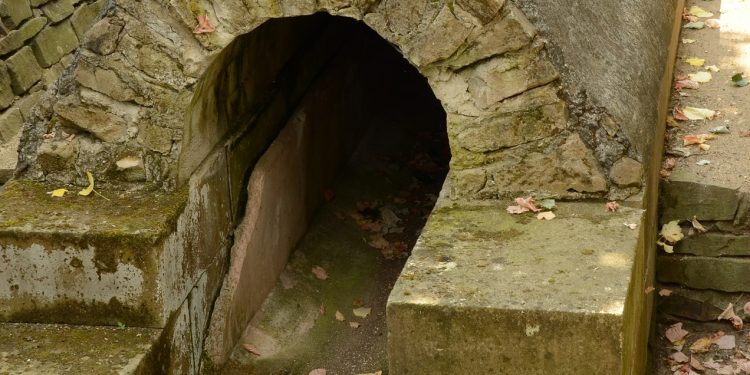Why India Hasn’t Been Able to Get Rid of Manual Scavenging

Introduction
Manual scavenging refers to the practice of manually cleaning, carrying or handling human feces from dry latrines and sewers. In March this year, three workers died while cleaning a sewer in Bangalore. Similar incidents were reported from other parts of Karnataka as well. In the midst of all this, the social welfare minister of the state, H. Anjaneya proposed to legalize the practice of manual scavenging, despite the Supreme Court’s ruling against the continuation of the inhuman practice.
Why Does This Practice Persist?
In 1993, India passed a law called The Employment of Manual Scavenging and Construction of Dry Latrines (Prohibition) Act to ban manual scavenging. Another law was passed to reinforce this ban, called The Prohibition of Employment of Manual Scavengers and the Rehabilitation Act. The government has even adopted a two-dimensional strategy to work towards eliminating dry latrines through their demolition and conversion into sanitary latrines, and creating a rehabilitation package for manual scavengers through a survey.
However, despite so many measures, this practice has been prevalent throughout India. According to the Census 2011, there are around 2.6 million dry latrines in the country, of which more than 70 percent are present in rural areas. States such as Assam, Uttar Pradesh, Maharashtra, Jammu and Kashmir, Tamil Nadu, West Bengal and Andhra Pradesh have the most number of insanitary latrines in India. Some of the major reasons why this practice is still rampant is due to poor implementation of the ban, lack of identification of manual scavengers in various states, and allocation of state funds towards building toilets rather than converting dry latrines into sanitary latrines.
Why Should We Care?
Manual scavengers are one of the most disadvantaged communities in India. They have been systematically oppressed and ostracized for years. While the act passed in 2013 mentions that manual scavenging workers be provided protective gear while cleaning drains or sewers, it is not implemented, thus, putting the lives of several workers at risk. Due to the stench arising from drains, many workers turn to alcoholism or drugs in order to make themselves numb to it, furthering the health hazards they are already exposed to.
Another reason why we should pay attention to the plight of manual scavengers is because most of them belong to the lower castes, thus, this job is passed on from generation to generation. Even if one of the members of their community wishes to take up another job or profession, he or she faces humiliation over the fact that they belong to the community of manual scavengers or sewage cleaners. Women cleaners face greater hazards, since they not only have to put their health at risk, but also face sexual exploitation at the hands of their employers, contractors and authorities.
What Can Be Done?
Most people living in urban areas tend to dismiss caste discrimination as a ‘thing of the past.’ This is one of the major reasons why the general public is insensitive to the apathy of manual scavengers. Lack of media coverage over such issues also gives one the impression that such dehumanising practices don’t exist anymore, and therefore, the absence of awareness.
However, there are several people and organisations who are trying to bring this issue to light. The documentary Kakkoos, directed by activist Divya Bharathi, gives an insight into the lives of manual scavengers and the pathetic conditions they work in. Similarly, a Delhi based organisation, Safai Karamchari Andolan, has been fighting for the rights of manual scavengers for the last twenty years.
While there are people tirelessly advocating for equal rights for manual drain cleaners, the main problem is to identify the loopholes in the laws implemented to ban manual scavenging, and make them stricter, so that those indulging in such practices are imposed with heavy fines or punishments, such as making the offence non-bailable. Caste system oppression is also something that needs to be rid of, so that those who are oppressed are granted equal opportunities and rights.




